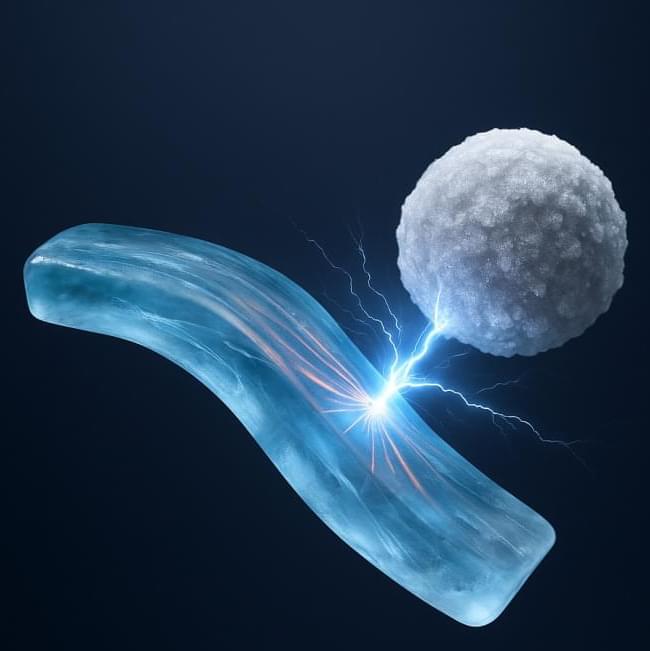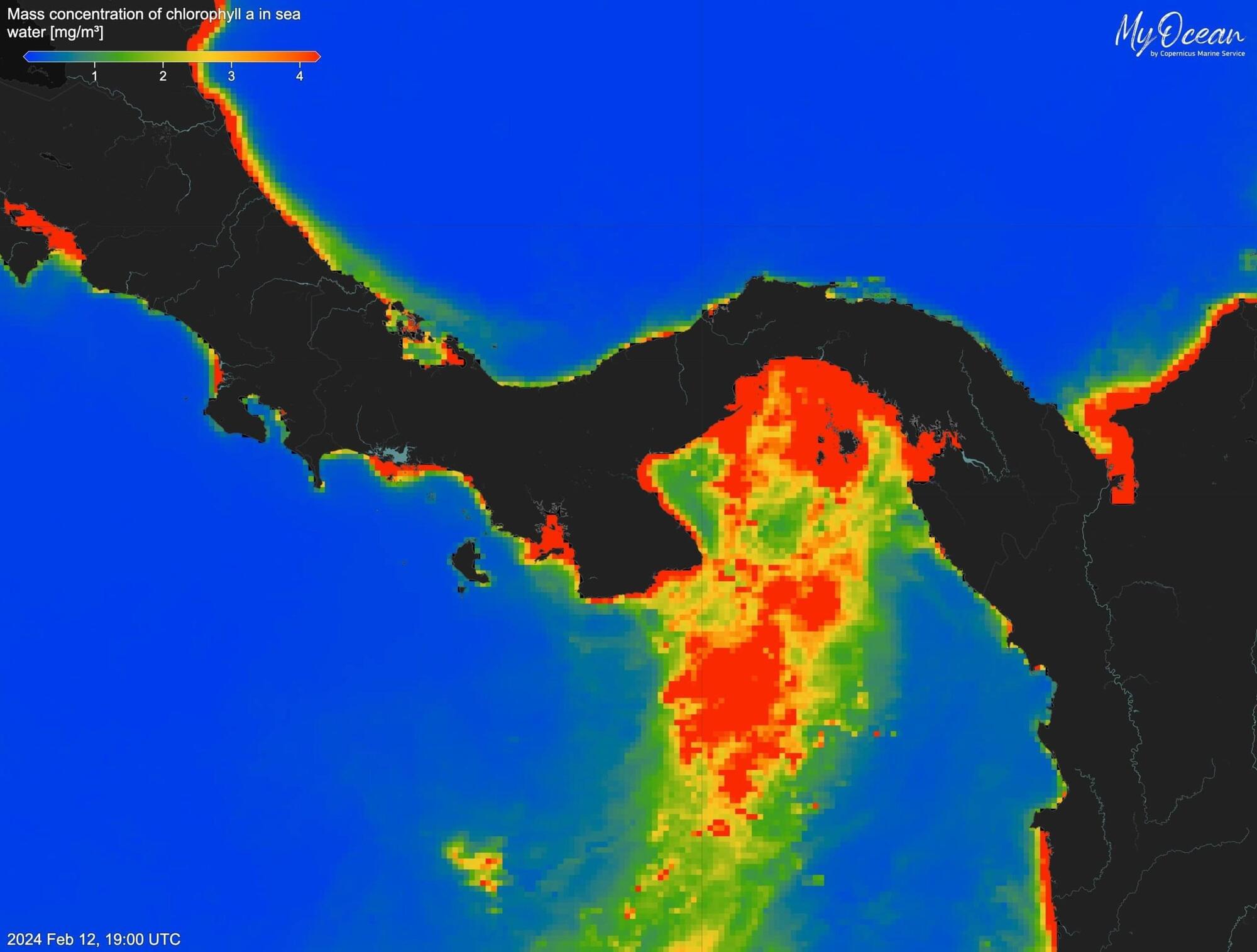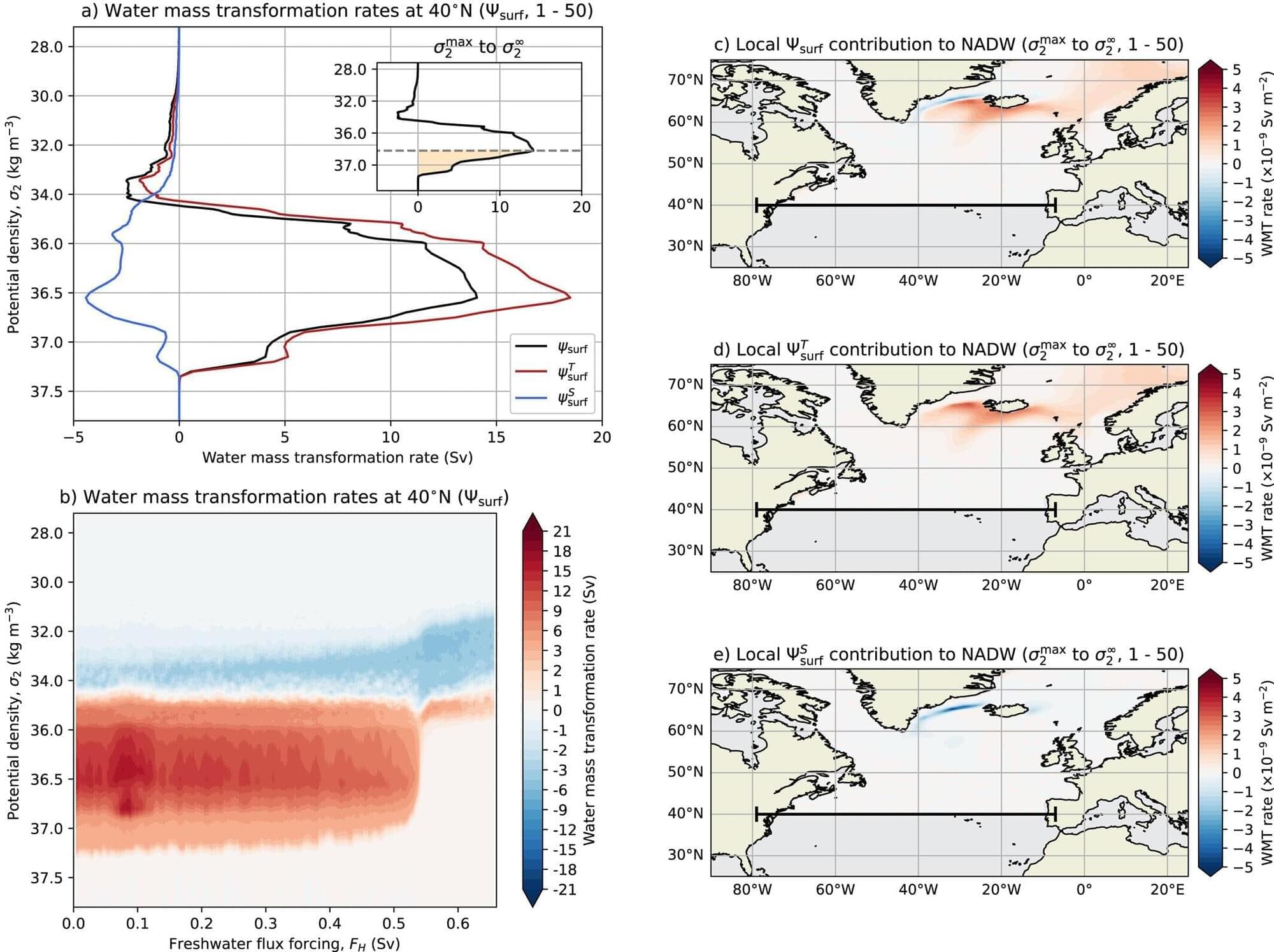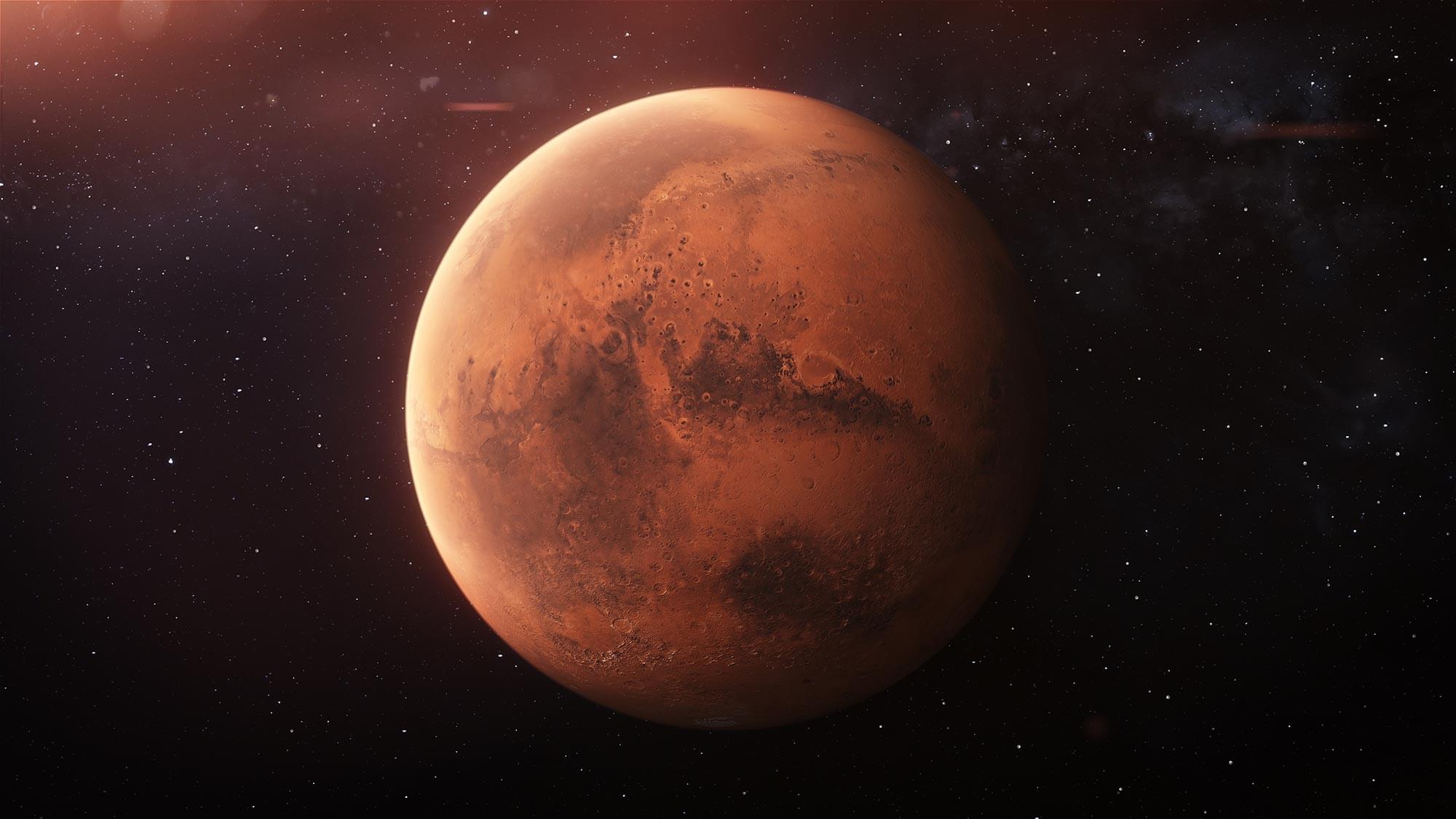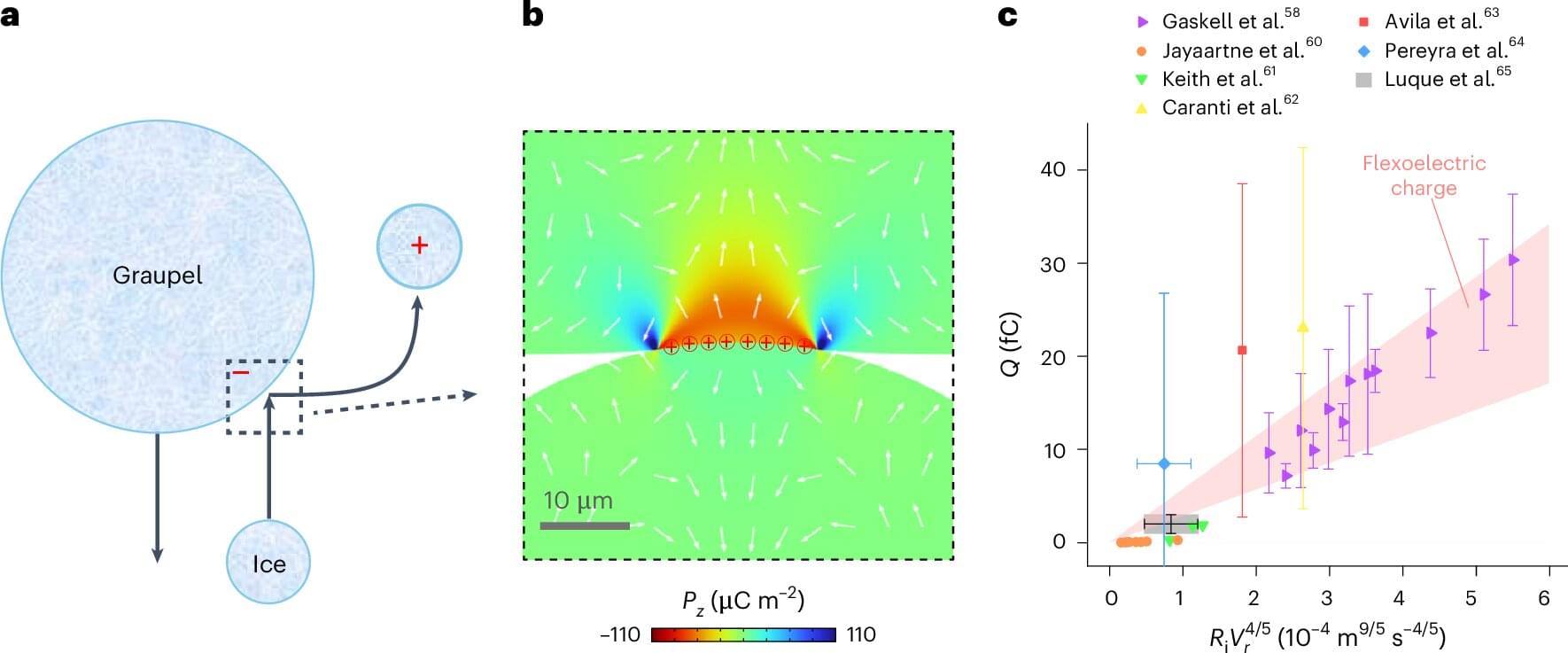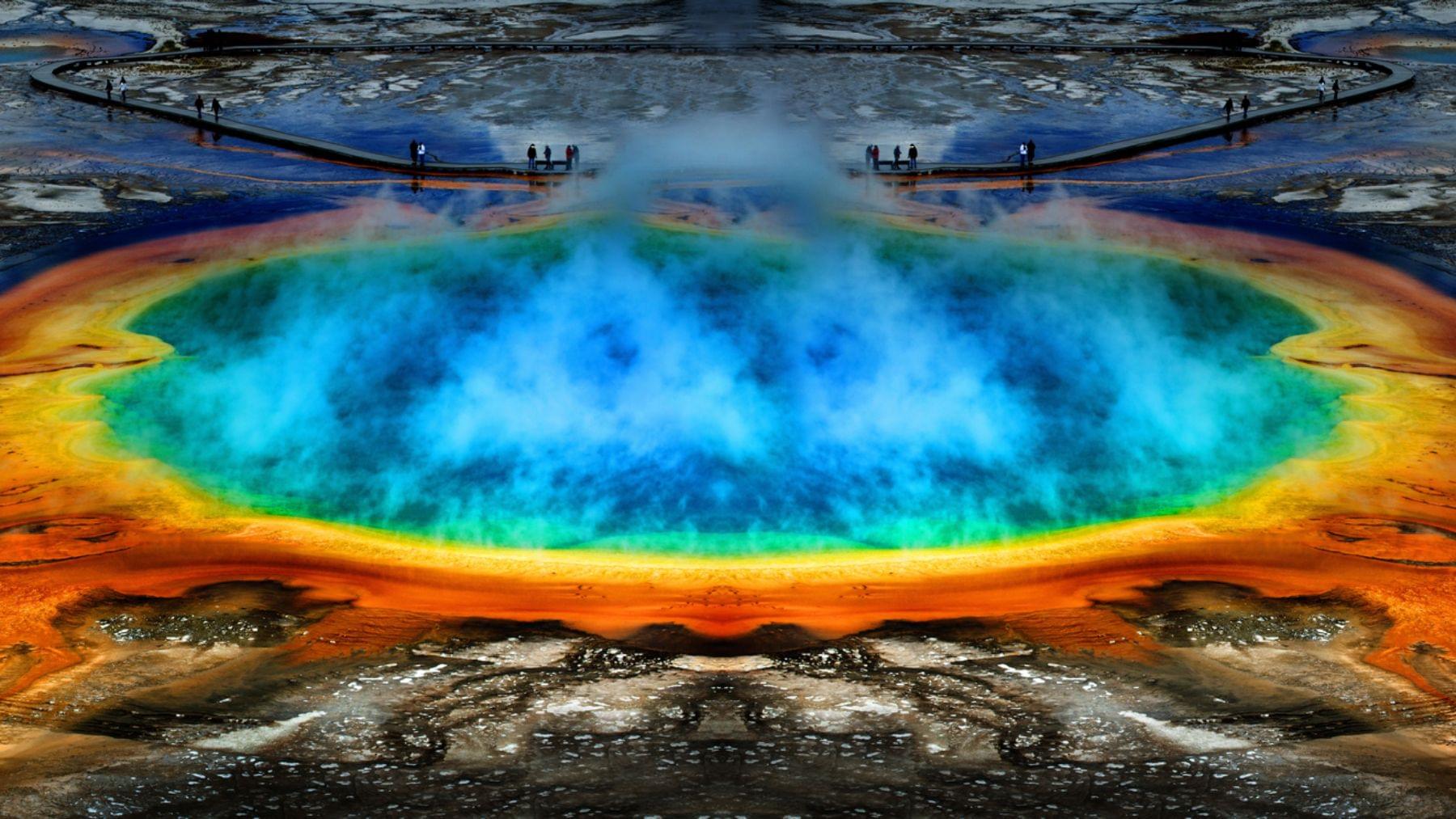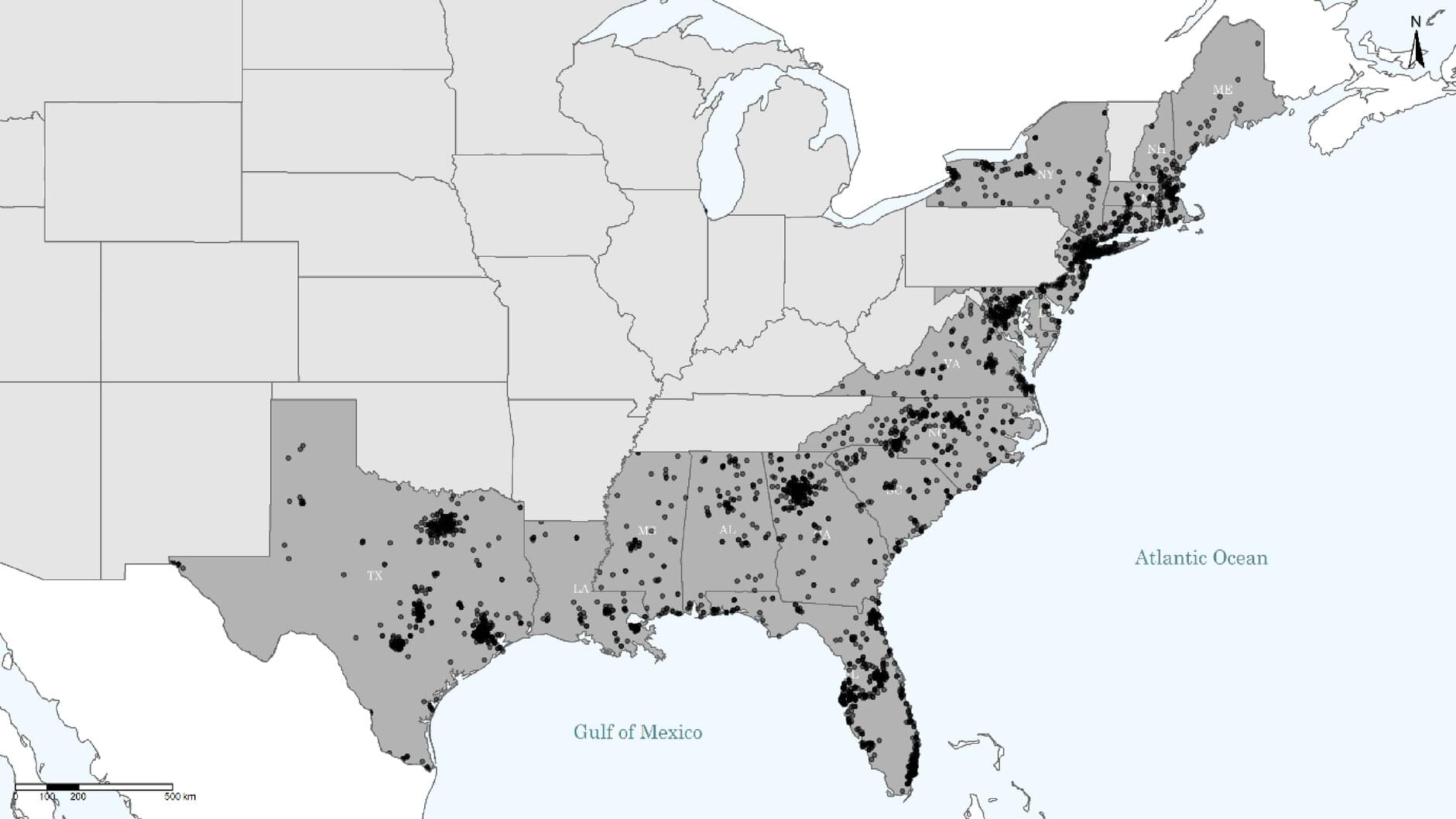One of Earth’s most unique geological formations is volcanoes, as they can be located either on land or underwater. They are even found on other planets. These formations come in all shapes and sizes, varying from shields to composites and cinder cones. When they erupt, they spew lava. As more and more of the world’s volcanoes are waking, they are also erupting pure technology. That’s right, within these unique geological formations, there are valuable elements that could revolutionize the renewable industry.
The world is gradually transitioning to renewable energy sources as alternatives to burning fossil fuels. This transition forms part of a greater goal to reduce the total greenhouse gas emissions that contribute to climate change. Unfortunately, the renewable technologies that we rely on to harness energy from renewable sources are not as environmentally friendly as we want to believe.
According to the SPIE Digital Library, renewable energy technology needs particular elements for production, and obtaining these elements has proven to be challenging. Without these elements, we cannot address other challenges that these technologies face, which are intermittency and storage. For example, solar panels and wind turbines are both dependent on specific weather conditions, which result in intermittency in power supply.
